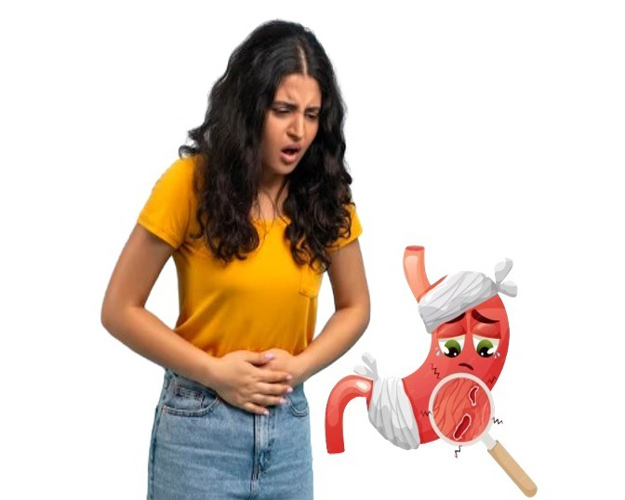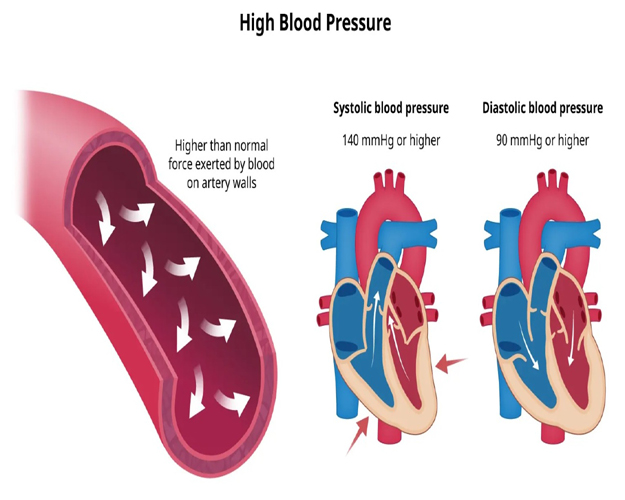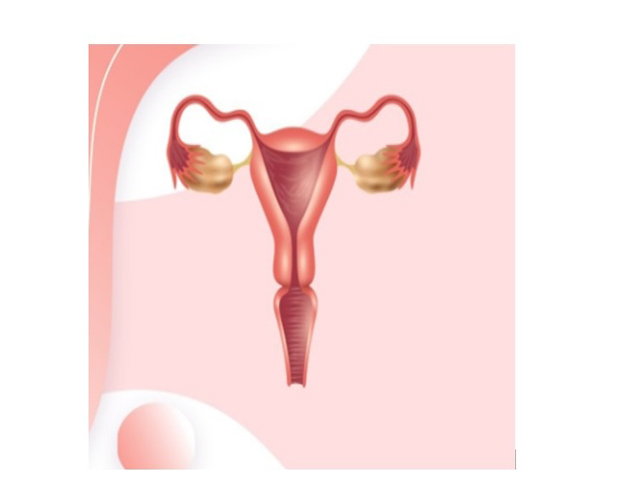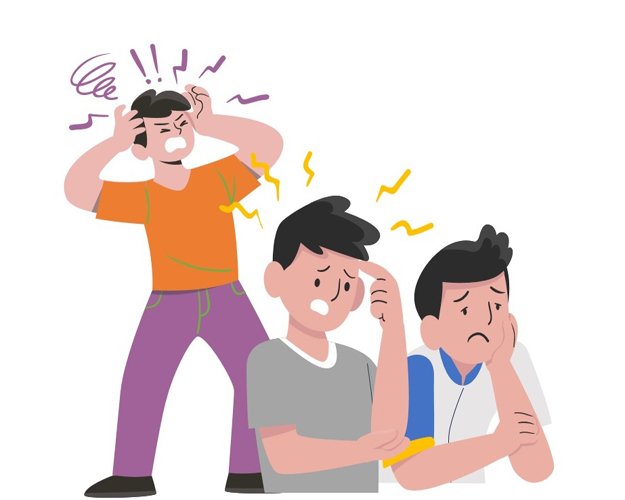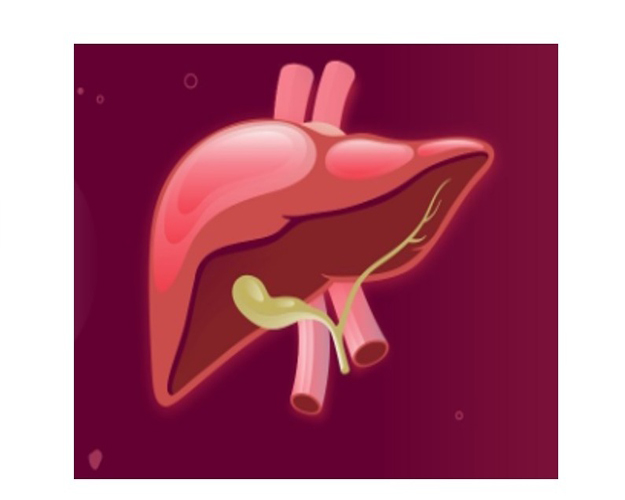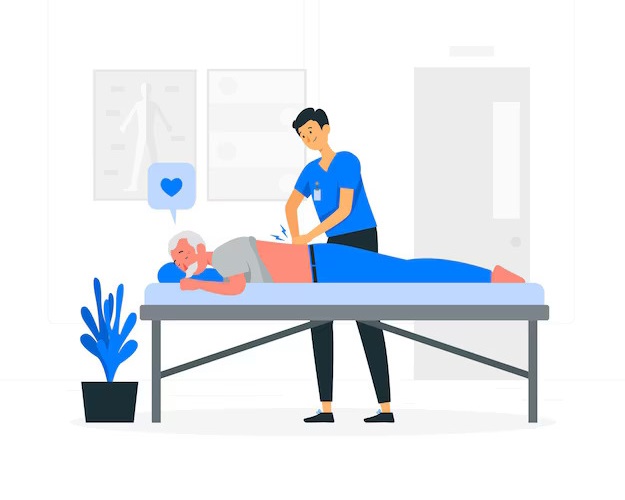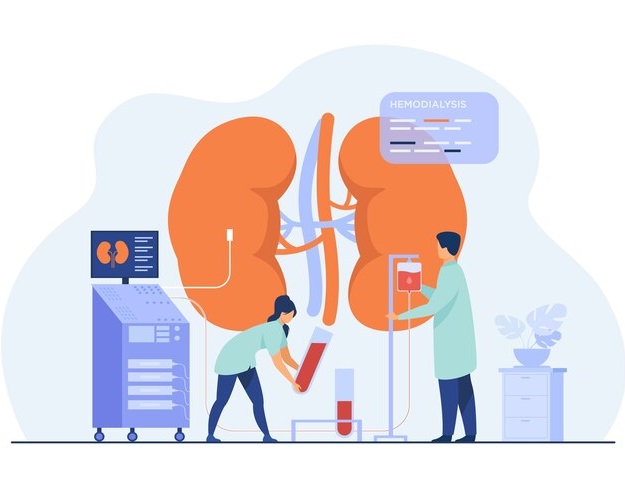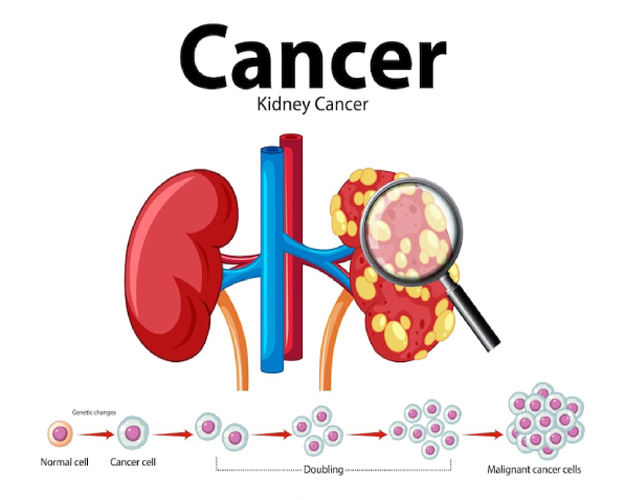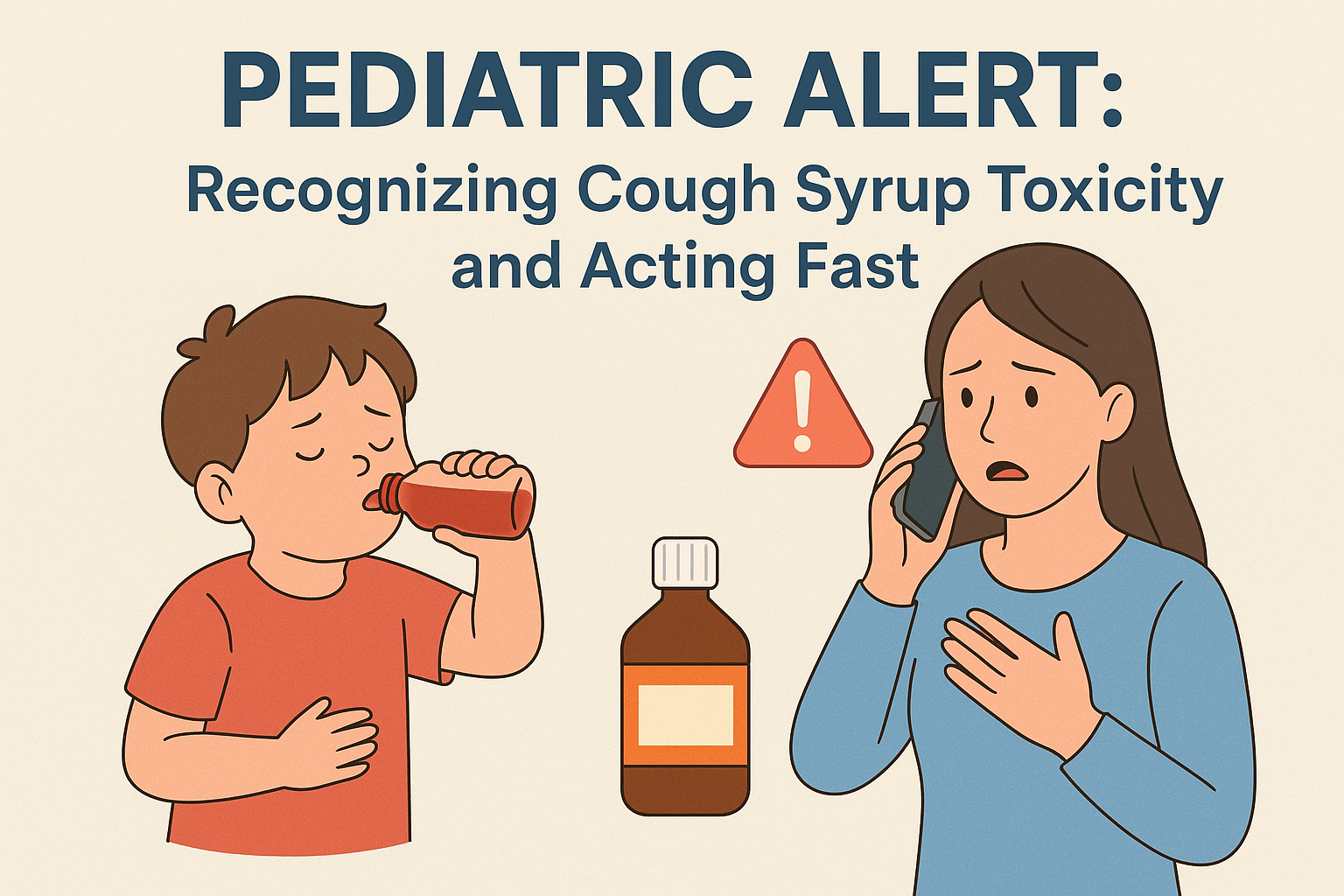
Pediatric Alert: Recognizing Cough Syrup Toxicity and Acting Fast
Recent child deaths in Madhya Pradesh and Rajasthan have been linked to contaminated cough syrup, leading to widespread concern among families and the medical community. This tragic incident exposes the risks of poor drug quality control and the urgent need for heightened awareness and better practices in pediatric medication use.
What Happened: The Cough Syrup Tragedy
Since August 2025, at least 16 children under five years of age in Madhya Pradesh, and several others in Rajasthan, suffered kidney failure after ingesting tainted cough syrup, resulting in multiple fatalities. The product in question, Coldrif cough syrup, was found to contain dangerously high levels of diethylene glycol (DEG)—a toxic industrial chemical rarely allowed in pharmaceuticals due to its ability to cause lethal liver and kidney damage, especially among young children. DEG poisoning presents as nausea, abdominal pain, and reduced urination, quickly progressing to kidney failure and death in severe cases.
Official Action: Bans and Investigations
In response to the deaths, the governments of Madhya Pradesh and Rajasthan quickly banned suspect syrups and initiated investigations into their manufacturers and distributors. Coldrif syrup, produced by a Tamil Nadu-based company, was found during testing to contain over 48% DEG, far above safe levels. Multiple states have extended the ban to all products by this manufacturer, and criminal cases have been filed against responsible parties, including healthcare providers who prescribed the medication.
National Advisory and Precautionary Measures
Central health authorities have rushed to issue public advisories. The Directorate General of Health Services and the Indian Ministry of Health have reminded all healthcare professionals and the public that cough and cold preparations should never be given to children under the age of two except with explicit medical supervision. Random prescription audits and pharmacy inspections have been conducted to curb the over-the-counter sale of such medicines without prescription, and widespread awareness campaigns are being rolled out.
The Importance of Drug Quality Control
This episode highlights longstanding gaps in drug testing, regulation, and enforcement. India has faced similar tragedies in the past—a stark reminder of the dangers posed by substandard pharmaceutical products. It is vital that drug manufacturers maintain rigorous quality control; regulatory authorities must ensure strict regular testing, and healthcare providers need to report any adverse reactions associated with pediatric medicine immediately for prompt action.
Parental Advisory: What Should Parents Do?
- Only administer medicines, especially cough syrups, to children if prescribed by a registered physician after proper evaluation.
- Never use over-the-counter syrups for children below two years—these are largely unnecessary and can cause more harm than benefit.
- If a child develops symptoms such as persistent vomiting, drowsiness, slow or no urination, or seizures after taking any medicine, seek immediate emergency care.
- Check the packaging and batch numbers of medicines. Report any suspicious quality issues (strange color, odor, packaging errors) to the pharmacist and authorities.
- Store medicines safely, out of children’s reach, and dispose of expired/unused syrups responsibly.
Advisory for Healthcare Providers
- Do not prescribe cough and cold medications to children below two years unless the benefits clearly outweigh the risks.
- Practice vigilant reporting for any unusual side effects observed in pediatric patients post-medication[8].
- Educate caregivers about the dangers of unnecessary medication in children, emphasizing supportive care for self.
